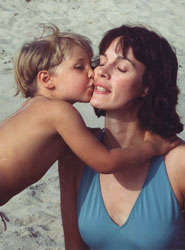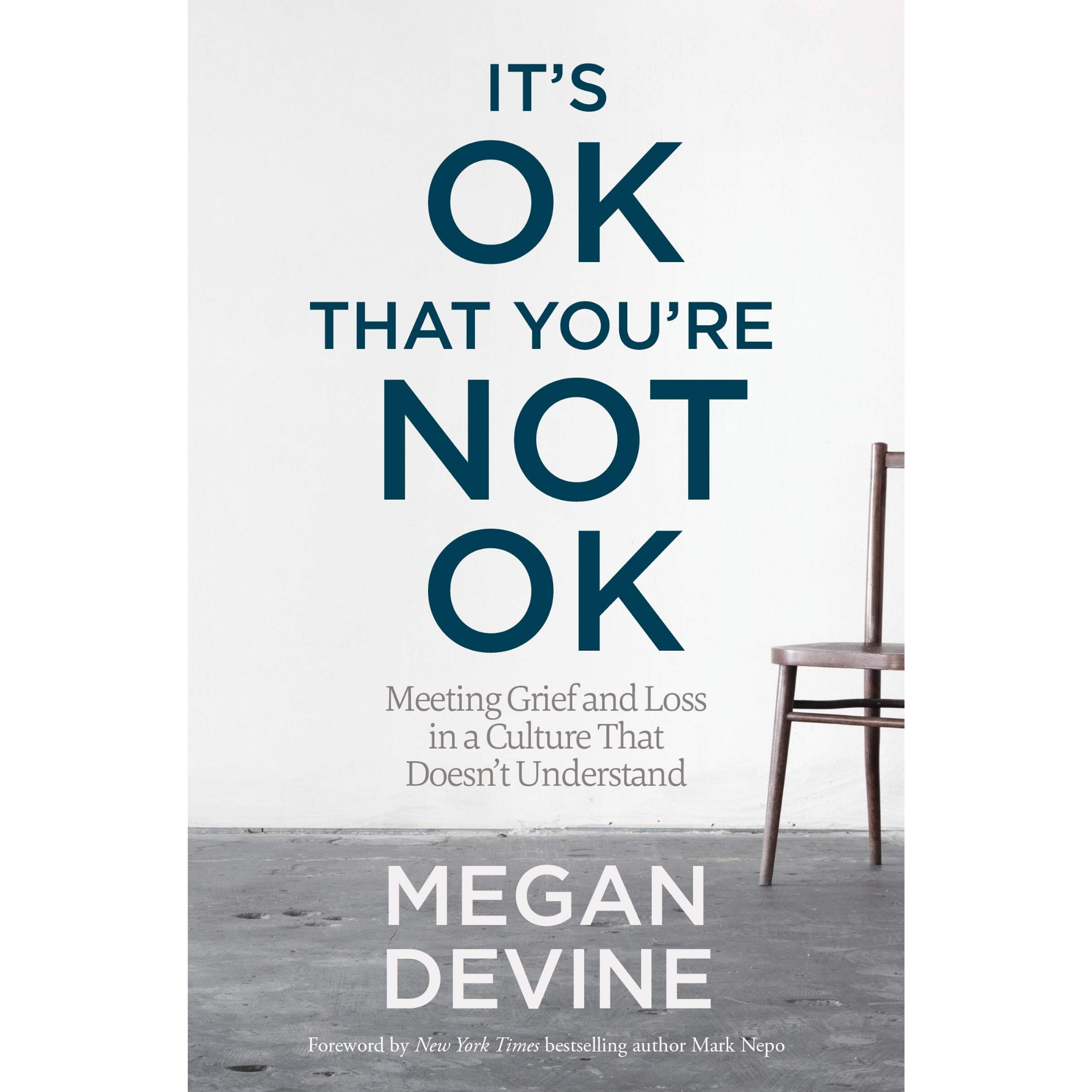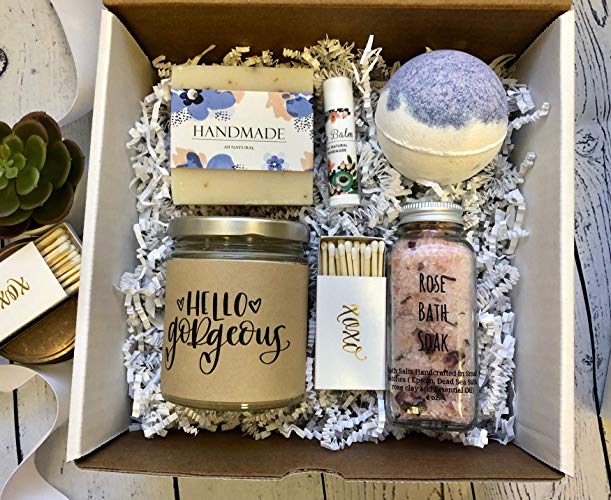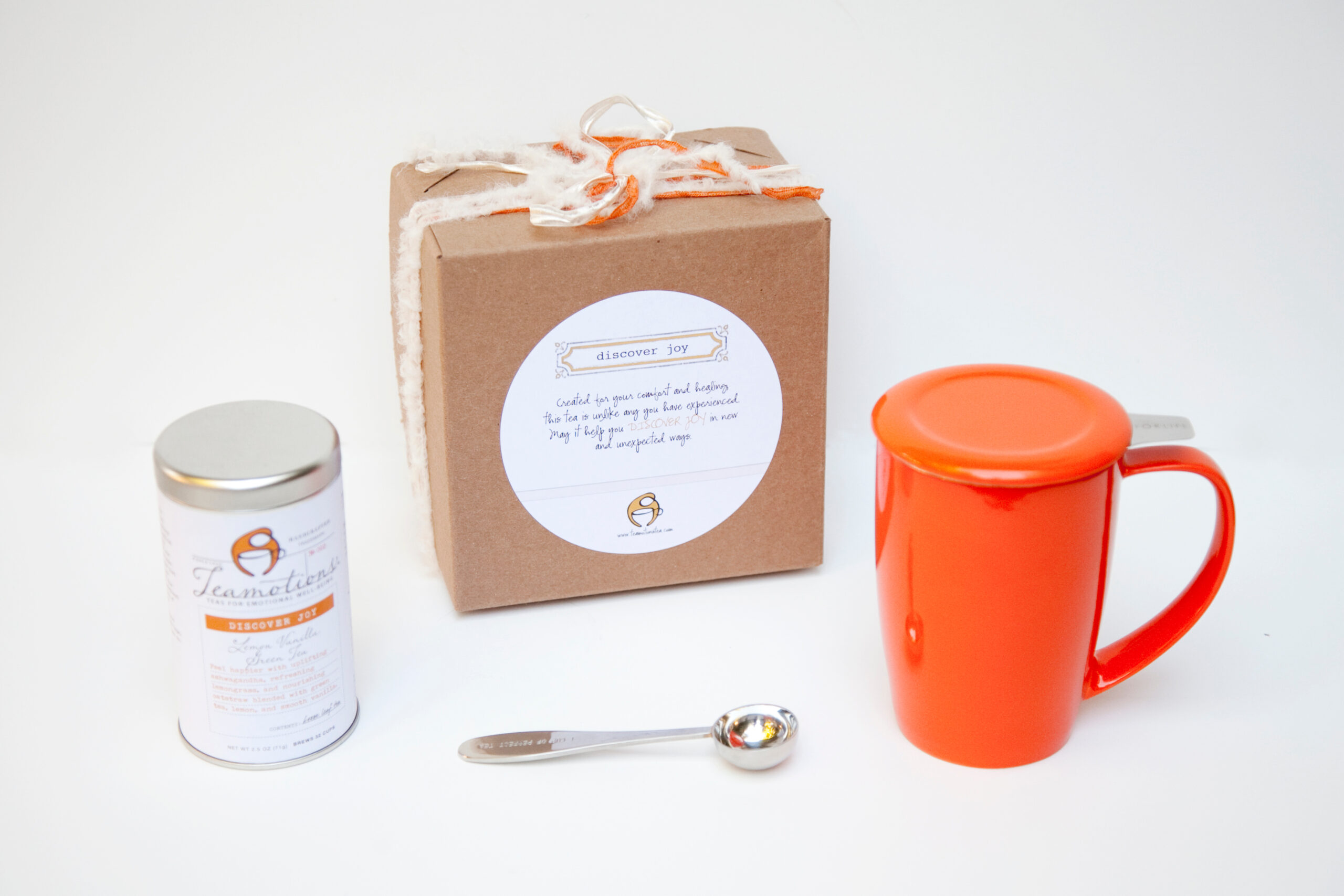Gratitude to Dana Perry for sharing the story of the life of her son.
In 2005, Evan Scott Perry committed suicide at the age of fifteen.
In treatment for bi-polar disorder, Evan was by all accounts doing well. However, one evening in October, Evan jumped to his death from his New York City apartment bedroom window.
Evan’s suicide devastated the Perry family. They struggled to come to grips with the magnitude of Evan’s loss.
Dana and Hart Perry, themselves Academy-Award winning documentary filmmakers, made Boy Interrupted in the wake of Evan’s suicide.
Boy Interrupted is a poignant look at Evan’s years-long struggle with bi-polar disorder. Much of the footage comes from personal home movies made over the course of years.
Dana Perry continued her work on suicide with the Academy Award-winning film, Crisis Hotline: Veterans Press 1. This film looks at suicide rates for veterans and those who try to help them.
Suicide is the 10th leading cause of death in the United States annually. A lack of resources and support for those experiencing major mental illness creates a tragic and a vicious cycle.
Major mental health issues often impede access to services. Those struggling with mental health issues are sometimes more prone to substance abuse. They sometimes have more difficulty getting and retaining employment.
But suicide cuts across all demographics. It impacts people in every socioeconomic group. This is the case even as an open discussion of suicide remains something of a cultural taboo.
Give InKind spoke to Dana Perry about ways to support suicide survivors. She underscores first and foremost, the need to raise awareness and talk about resources and education. This is the first step towards the prevention of suicide.
Perry calls on those who are looking to support survivors to get beyond the stigma of suicide. She challenges those who are looking to support survivors to keep talking. Out loud.
Perry underscores that it is important for close family members/friends of someone who commits suicide to understand the complete picture. (As much as this is possible). In particular, she urges that they avoid the trap of self-blame. Perry encourages those who are offering support to understand the suicide not about about something they themselves did (or did not) do. To her mind it is about understanding the pain of another person, and that of their particular struggle.
Perry says that supporting a family coping with suicide means just being there. She understands well the depth of confusion and the struggles of people to remain present. Still, she says, they help.
“What is there to say except that I’m there for you? It is too overwhelming. Just say, ‘I care.'"
For those who are looking to support a family in suicide, it is useful to look to both practical and emotional needs.
Considering ways to make sure that meals are provided to a grieving family is important. In addition, depending upon their financial circumstances, offering temporary assistance with basic needs can be helpful.
If young people are directly affected (children, siblings) consider things to do to support their continuing interests.

Evan and Dana Perry
These methods of practical support are critical. They are critical because they go a long way to bolstering the efforts of those who want to be emotionally present. The practical can scaffold the emotional. Or, each of these pieces are building blocks that members of a community can collectively harness. Together, they work to witness the intense blowback of grief a family will experience.
In interviews about her documentary work on suicide, Dana Perry offers nuanced responses to questions that lack specific answers. In 2009, she was asked about closure. She responded:
“I think attempting closure is something that’s misguided for a suicide survivor because there will be never be closure. It’s such a profound loss that you can’t even conceive of closure. I liken it often to an ocean of tears, and what you have is a teaspoon. You can scoop a few spoonfuls at a time and maybe you’ll make some progress. I think that’s really all we can ask for."
And she wants us to know: in scooping out the ocean, presence and support does absolutely matter.
Photos Courtesy of Hart & Dana Perry. Used with permission.
Helpful Products
Give InKind does not provide medical advice, diagnosis, or treatment. We have an affiliate relationship with many of the advertisers on our site, and may receive a commission from any products purchased from links in this article. See Terms & Conditions.








